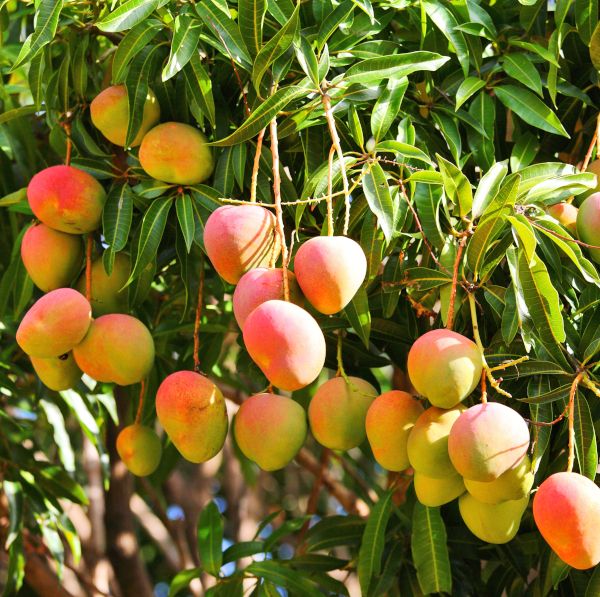
By George Munene
According to Kenya’s Horticultural Crops Directorate measures taken to reduce fruit flies in the country’s mangoes could finally yield a dividend with the resumption of direct mango exports to Europe in September this year after seven years.
Exported mangoes fetch farmers up to six times more, Sh30, to Sh 5 for mangoes sold or processed locally. The country’s mango exports have been restricted to the Middle East, greatly diminishing the earning potential of Kenya’s mango farmers.
Related News: Kitui flakes exporter gives mango farmers ready market
Related News: Banana farmer avoids mango season losses through desuckering
Kenya imposed a self-ban barring the export of mangoes to European Union nations in 2014 due to a high fruit fly load. This was done with the long-term interests of mango farmers in mind, meant to avoid the country being sanctioned by the EU.
Measured put in place to combat fruit flies include the creation of pest-free zones in mango growing areas. Farmers hoping to be part of the export chain will also have their fields assessed to determine their produce is suitably free of pests.
Mangoes that are meant for the export market also need to be harvested before they are fully ripe so that they can be shipped and arrive to oversee markets perfect for consumption.
Related News: Farmers cut mango losses by a third with home-made brick coolers
Despite the ban, the illegal exportation of some of Kenya’s mangoes has gone on through third-party countries in the Middle-East used as a conduit to getting the country’s mangoes into Europe. The resumption of direct exports will serve to slow this down, maintaining the originality of the country’s produce, which Wilfred Yako--the assistant director of regulation and compliance at Directorate of Horticulture--says sits up there with the best in the world and serves to credit the exporting nations undeservedly.